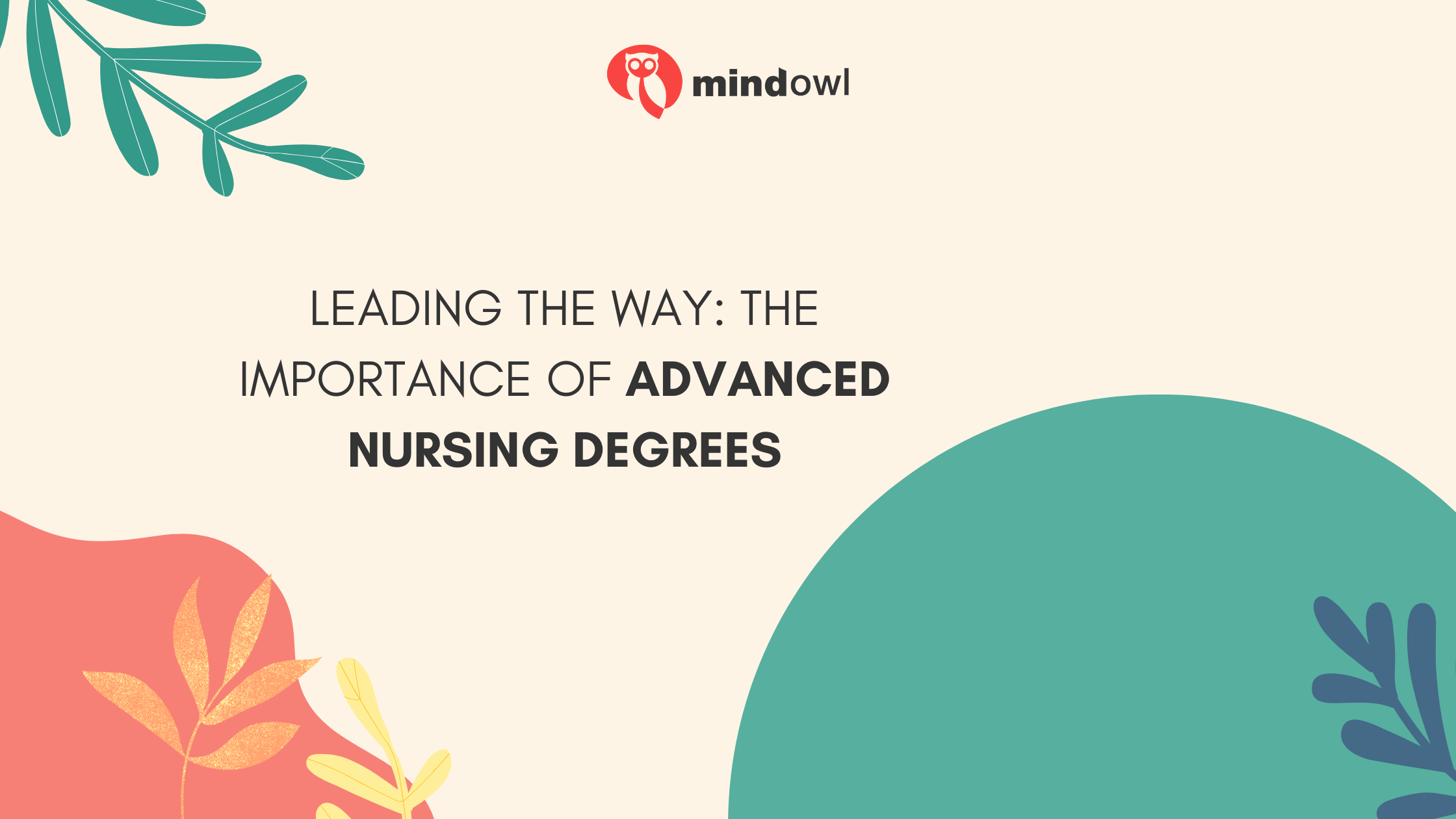The Growing Demand for Advanced Nursing Skills
The healthcare industry is transforming rapidly, creating an ever-increasing need for specialized knowledge and advanced skills. One of the most significant trends within this evolving landscape is the heightened demand for nurses with advanced degrees. These highly skilled individuals provide knowledge to various healthcare environments, including private offices, community health centers, and hospitals. They are particularly adept at addressing complex patient needs that require a more nuanced understanding of care protocols.
It’s worth noting the convenience modern technology offers current healthcare professionals looking to further their education. Many nurses are now exploring registered nurse programs online. These programs allow them to enhance their qualifications while skillfully balancing work and personal responsibilities.

Why Pursue an Advanced Nursing Degree?
Advanced nursing degrees provide nurses with comprehensive knowledge and refined skills, enabling them to take on leadership roles and lead clinical research projects. They also influence healthcare policies and implement new care protocols. Studies show a strong correlation between advanced nursing education and improved patient outcomes, with patients under highly educated care experiencing reduced mortality rates, shorter hospital stays, and higher satisfaction levels. This highlights the importance of advanced nursing degrees in enhancing healthcare delivery quality.
Career Opportunities with Advanced Nursing Degrees
An advanced nursing degree offers numerous career opportunities, including specialized roles like Nurse Practitioners (NPs), Clinical Nurse Specialists (CNSs), and Nurse Educators. These roles provide higher pay, enhanced job satisfaction, and professional growth. NPs diagnose and treat medical conditions, CNSs focus on improving patient outcomes in specific fields, and Nurse Educators mold the subsequent nursing generation. These roles often lead to medical advancements and patient care innovations, making them crucial in nursing.
Specializations in Advanced Nursing
Advanced nursing degrees offer a wide range of specialization options, allowing nurses to focus on specific patient populations or healthcare challenges. These specializations include family care, pediatric health, mental health, and surgical nursing. These areas allow nurses to develop expertise that aligns with their interests and career aspirations, enhancing patient care quality. Specialized nurses become valuable resources within the healthcare system by delving deep into specific fields.
Educational Paths and Requirements
Pursuing an advanced nursing degree requires a basic need: a Bachelor of Science in Nursing (BSN). Once they have received a BSN, nurses can explore various advanced degree programs that align with their career objectives. These programs usually involve rigorous coursework, hands-on clinical practice, and extensive research projects.
- Master of Science in Nursing (MSN): This degree focuses on specialized clinical training and leadership skills. An MSN program typically includes courses on healthcare policy, advanced pharmacology, and clinical practice guidelines.
- Doctor of Nursing Practice (DNP): Aimed at those pursuing clinical practice or leadership roles, the DNP curriculum often covers advanced clinical skills, leadership training, and implementation of evidence-based practice.
- Ph.D. in Nursing: A Ph.D. nursing program primarily focuses on research and academic roles. It emphasizes original research and prepares nurses for educational, scholarly, and research-oriented careers.
MindOwl Founder – My own struggles in life have led me to this path of understanding the human condition. I graduated with a bachelor’s degree in philosophy before completing a master’s degree in psychology at Regent’s University London. I then completed a postgraduate diploma in philosophical counselling before being trained in ACT (Acceptance and commitment therapy).
I’ve spent the last eight years studying the encounter of meditative practices with modern psychology.

